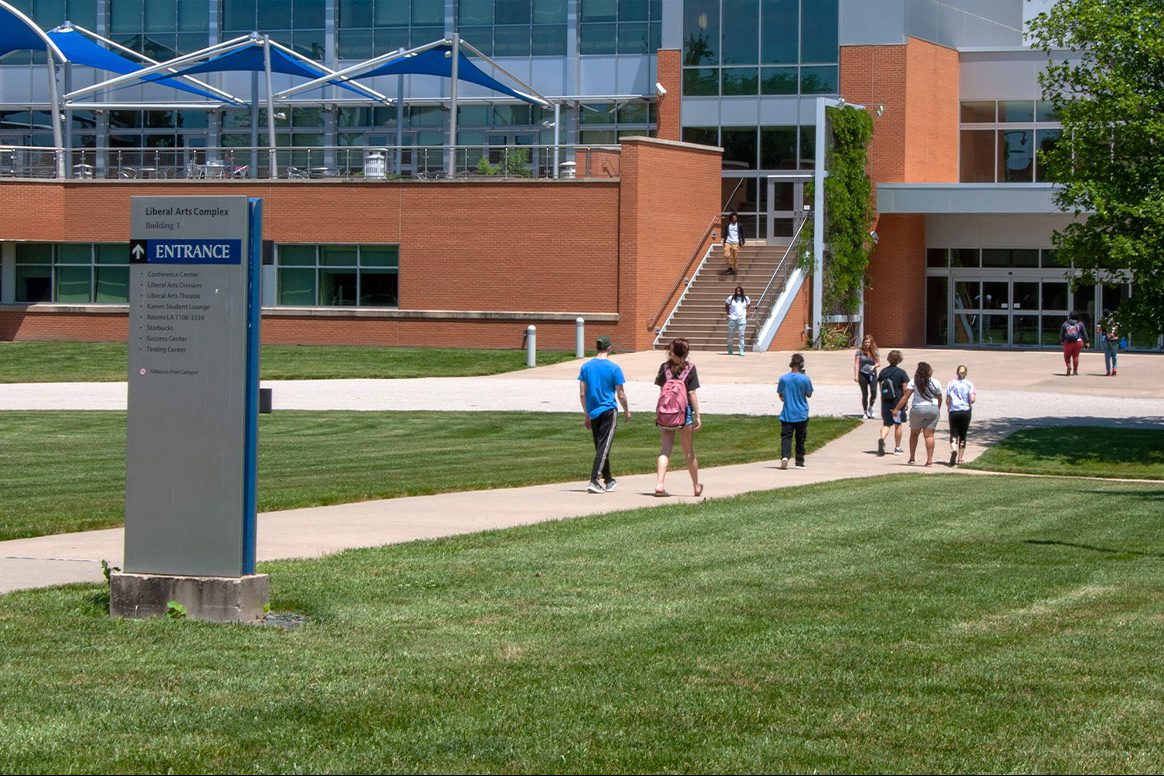General Information
The Americans with Disabilities Amendments Act specifies that exceptions will be made to established policy on a case-by-case basis. Student Accessibility and Support Services has developed the “Disability Related Absence Policy” to address this issue.
In some classes, attendance is a fundamental/essential requirement in meeting course objectives; therefore, leniency in attendance may be deemed unreasonable. For example, students may be required to participate in class, to demonstrate the ability to think and discuss critically, or to interact with others in class.
In other circumstances, faculty may determine that students can master course content with the accommodation of leniency in attendance.
Verification of Disability
Based on disability documentation provided by the student from a qualified professional, Student Accessibility and Support Services’ professional staff will verify that the student’s disability may cause the student to miss classes. When a student qualifies for this accommodation due to impact of disability, a statement will be included on the ADA Accommodation Plan.
Students who request this accommodation or provide documentation after absences have occurred will not be eligible for retroactive accommodations.
ADA Accommodation Plan
If this accommodation is requested by the student and approved by Student Accessibility and Support Services based on impact of disability, an ADA Accommodation Plan will be prepared. On the Plan, it will read as follows: “Flexibility in attendance – read policy at https://www.swic.edu/ students/services/support-services/disability-access-center/disability-related-absence-policy/.”
Additionally, a Student Accessibility and Support Services staff member will contact the student’s instructors to discuss how absences may impact the completion of coursework.
Students: Do not assume that because you have received leniency in attendance in the past or from a particular instructor that you will automatically receive it in all classes. Remember that reasonable accommodations are determined on a case-by-case, course-by-course basis.
And…remember that approval of this accommodation is based on two criteria: (1) being eligible due to the specific impact of a disability, and (2) being determined that leniency in attendance will not alter the fundamental requirements of the class objectives.
Considerations
Consider the following questions when determining if the leniency accommodation can be provided:
- Is the absence a direct result of the disability? For example, routine medical appointments and work-related activities are not reasons to warrant the disability-related absence accommodation.
- Will the absences cause the student to miss essential components of the class? For example, in-class group work may be an essential aspect of a given class.
- Can the activities missed by the student be made up? For example, some clinical experiences may not be repeatable.
Procedures
- When the accommodation is questioned, the instructor, student, and a Student Accessibility and Support Services professional should discuss whether the disability related absence accommodation is reasonable.
- If leniency in attendance is approved as an accommodation by both Student Accessibility and Support Services and the instructional staff, the student is responsible for contacting the instructor as soon as possible when a disability-related absence will occur/has occurred.
- The number of allowed absences should be determined on a case-by-case, course-by-course basis.
- This accommodation potentially provides relief from established requirements for physical attendance in classes. The student is responsible for any material covered or work done during such disability-necessitated absences. Neither extension of deadlines for assignments due, nor arrangements for making up tests and exams missed during such absences are included in this assigned accommodation. Accommodations for these issues may be appropriate, but they need to be negotiated individually with the instructor as need arises.
Physical & Financial Hardship Appeal
In cases where absences will affect the ability of the student to demonstrate skills required to pass the course, it is recommended the student consult with the instructor regarding the advisability of a withdrawal from the course, and then speak to an Academic Advisor before making any registration adjustments.
In the event the student decides to continue with a Physical & Financial Hardship Appeal, the student must follow the college’s withdrawal procedures, which can be obtained from Student Accounts or online at https://www.swic.edu/students/services/student-accounts/physical-financial-hardship-appeal-request/.


